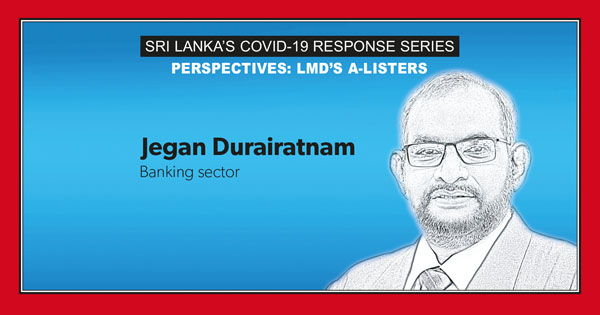THUMBS UP FOR OUR RESPONSE
A: Tourism, which was just recovering following the 2019 Easter Sunday Attacks, is one of the frontline industries that has been significantly affected by the COVID-19 outbreak. With multiple sources of income affected, the industry must drastically change in order to survive – at least until a vaccine is available in large supply. Unfortunately, while the ‘new normal’ might mean that several entities will run out of steam and cash, some steps can be taken to soften the blow.
The industry must begin to cater to the new emerging traveller. Sri Lanka, which has traditionally catered to tourists on package trips spanning an average of 10-plus days and included beach resorts with good F&B services, must now evolve to cater to a new type of traveller who prioritises ‘experiences’ above all. These travellers will want a touch-and-feel of the local community, local cuisine, Ayurveda and spirituality. As such, the industry will have to be creative in the services it offers.
In the short to medium term, the industry will need to cater to tourists from East Asian markets who haven’t been as adversely affected as the West. Several are ‘revenge travellers’ – people who are waiting to travel once this is all over; and Sri Lanka should reposition its marketing effort to maximise on this opportunity. Typically, these travellers expect a lot of experiences and photo opportunities over a shorter stay compared to Western travellers.
Marketing by the tourism authorities needs to adopt this when they reposition Sri Lanka as a destination. And the industry will have to retrain staff to cater to these changing needs.
Q: How do you view Sri Lanka’s COVID-19 response so far? What are the pros and cons?
A: The government’s strategy has been commendable so far. A combination of mobilising the military to support medical officers and decisive actions have led to Sri Lanka’s response appearing to be better than several developed economies. Granted, we have limited resources compared to other countries responding to the crisis; but our performance thus far has been a plus point.
However, the fallout from the lockdown will have a negative effect on the economy. Sri Lanka doesn’t have the extensive financial capacity to protect jobs with stimulus packages in the same way other countries are doing. The government must consider funding from lending institutions in order to stimulate the economy.
Regarding public health, the public in general needs to be more educated on the virus, community transmission and its many consequences. Physical distancing requires a disciplined and educated populace. The state, which has done well so far, must also consider the possibility of acquiring more ventilators and ICU beds, and ramp up on testing as well. Excellent new innovations by our young entrepreneurs (e.g. robots, ventilators, tech for the agro economy and so on) should be encouraged.
Q: What is the outlook for jobs and employment in the medium term? And how should the authorities address the prospect of rising unemployment?
A: The outlook for jobs and employment is challenging, and there will be unemployment, salary cuts and a cancellation of perks. Until the economy begins to kick back, the government may have to provide financial assistance to the most adversely effected.
There are some positives for the future of work, however. Work from home (WFH) will create a post-Covid future with less pressure on office space and related company costs. The resulting change in work ethic will have a positive effect on employees as they will no longer need to endure a commute to get to office.
Lastly, the use of technology and digitalisation will grow in importance. This will eventually lead to lower costs across the board, which should have a positive effect on the environment as well. Businesses will begin to prioritise efficiency and lessen the strain on their cost base. Meanwhile, the main beneficiary will be the consumer.
[wprpw_display_layout id=2]





